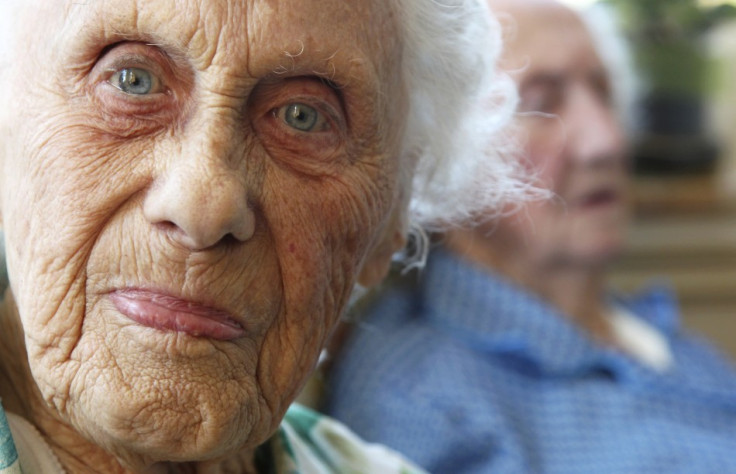Elderly people may react slowly when distracted making them dangerous drivers

Elderly people could make more dangerous drivers due to the way they process visual information, new research has found. A study by psychologists at Nottingham Trent University found that although the over-65s processed visual information just as quickly as 18-30 year-olds, when distracted they were three times slower.
According to research published in the Journal of Vision and initially reported by the Sunday Telegraph, test subjects aged between 65 and 84 did well when they were asked to remember where an object had briefly appeared on a computer screen before it vanished. But when it came to a second experiment in which they were presented with four extra objects as a distraction, their scores declined sharply.
The same effect was also observed in a third experiment which showed them two objects at the same time. In this test, participants were only told which one was the target object after both had disappeared from the screen.
Researchers say the results of the study have important ramifications when applied to day-to-day situations that require information from multiple objects to be processed simultaneously - such as driving a vehicle. "The difference in task demands of having to remember two items rather than one seems small, yet this led to a large slowing in processing speed for older people," said Dr Duncan Guest, a psychologist in Nottingham Trent University's School of Social Sciences.
"The work clearly has implications for everyday situations in which visual scenes are composed of multiple objects – our research suggests older people would be significantly slowed in such situations. Drivers, for instance, need to search cluttered visual scenes for targets such as road signs and buildings, while encoding and storing information about multiple other vehicles or hazards."
Now the research could be used to help develop ways to improve the way older people process visual information.
"Previous work has shown that older people sometimes take longer than younger adults at tasks requiring visual processing – but until now it had been less clear at what point this slowing actually occurred and in particular whether there was slowing in the rate of processing visual information," Dr Guest said. "In the future we could potentially look at developing interventions such as training sessions, aimed at assisting older people in improving these processes."
According to the Telegraph, the study also involved the University of Strathclyde's School of Psychological Sciences and Health.
© Copyright IBTimes 2025. All rights reserved.



















